USSF's EPS-R Program on Schedule for Historic Polar Mission
Thursday, 23 December 2021 12:25 A unique partnership with Norway and the U.S. Space Force's Space Systems Command will extend satellite communications for U.S. polar forces and save taxpayers millions of dollars.
SSC's Enhanced Polar Systems-Recapitalization (EPS-R) program successfully completed the ready-to-ship review at the end of September for the first of two payloads to begin the integration process onto Space Nor
A unique partnership with Norway and the U.S. Space Force's Space Systems Command will extend satellite communications for U.S. polar forces and save taxpayers millions of dollars.
SSC's Enhanced Polar Systems-Recapitalization (EPS-R) program successfully completed the ready-to-ship review at the end of September for the first of two payloads to begin the integration process onto Space Nor Crypto entrepreneur to go to space on New Shepard
Thursday, 23 December 2021 10:50
A controversial Chinese cryptocurrency entrepreneur revealed he submitted the high bid for a seat on Blue Origin’s first crewed suborbital launch earlier this year and, after missing that flight, is buying a dedicated New Shepard flight in 2022.
Long March 7A launches classified Shiyan-12 satellites
Thursday, 23 December 2021 10:33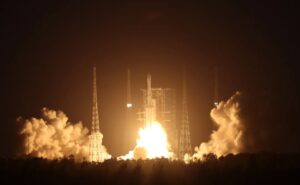
China launched a new-generation Long March 7A rocket Thursday, successfully sending a pair of Shiyan-12 test satellites into geosynchronous transfer orbit.
JWST launch marks only the start of a risky deployment process
Thursday, 23 December 2021 08:42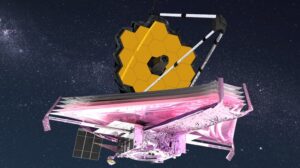
While the impending launch of the James Webb Space Telescope has astronomers both excited and nervous, the liftoff marks only the beginning of the riskiest part of the mission.
Propellant leak forces Sherpa tug off SpaceX rideshare mission
Thursday, 23 December 2021 07:05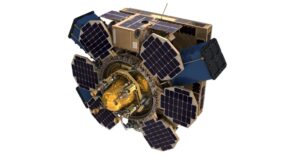
A Sherpa tug has been removed from an upcoming SpaceX rideshare mission after its propulsion system developed a leak, forcing Spaceflight to find new rides for 10 cubesats.
MHI launches Inmarsat’s first dual-band satellite
Wednesday, 22 December 2021 21:17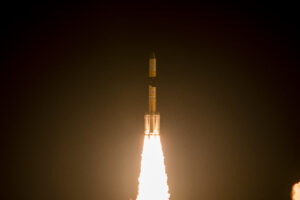
Inmarsat’s first dual-band telecommunications satellite launched Dec. 22 aboard Mitsubishi Heavy Industries’ H-2A rocket.
Webb launch date confirmed for 25 December
Wednesday, 22 December 2021 20:00
The target launch date for the James Webb Space Telescope is confirmed for 25 December, as early as possible within the launch window starting at 12:20 GMT / 13:20 CET.
According to the planning of operations, the Ariane 5 launcher will be rolled out on 23 December, in the morning local time.
GAO raises more questions about DoD’s capabilities to monitor threats in space
Wednesday, 22 December 2021 18:17
GAO in a report released Dec. 22 raised concerns about a military program known as Space C2 — short for space command and control — previously run by the Air Force and now by the Space Force.
Space Force eyes lower-cost sensors to monitor geostationary orbit
Wednesday, 22 December 2021 15:42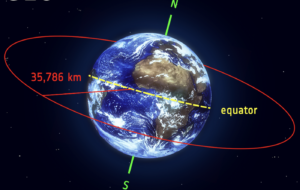
GEOST won two U.S. Space Force contracts worth $38 million to develop an optical sensor payload that could be hosted on government or commercial satellites.
Skin cell Band-Aid, monoclonal antibodies among experiments launched by SpaceX
Wednesday, 22 December 2021 15:00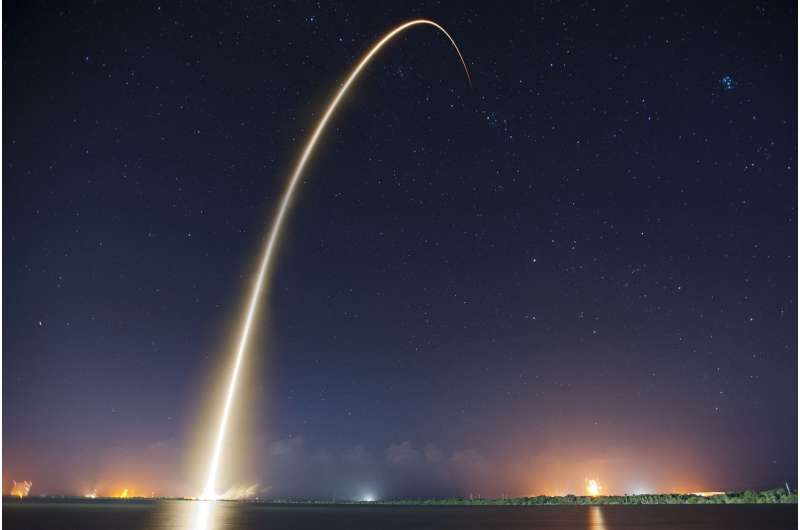
A SpaceX Falcon 9 rocket beat the rain and launched at 5:08 a.m. Tuesday from Kennedy Space Center to bring 6,500 pounds of cargo that includes a variety of medical experiments to the International Space Station.
There was some doubt about the launch as weather reports gave only a 30% chance of favorable conditions, according to a Monday forecast from Cape Canaveral Space Force Station's 45th Weather Squadron. But, the spacecraft lifted off almost exactly as scheduled.
The mission capped off a busy week for SpaceX, which saw successful Falcon 9 launches from Vandenberg Space Force Station in California for its Starlink program on Saturday, and from Canaveral with a Turkish communication satellite on Sunday, a record turnaround with just over 15 hours between launches.
The cargo mission is the 31st Falcon 9 launch in 2021, also a record, and the last planned for the year. It's the 24th resupply mission for the company to the ISS since it began the service in 2012.
Among the experiments headed to space are a handheld bioprinter called Bioprint FirstAid that would use human skin cells to create a 3-D printed tissue Band-Aid of sorts.
Testing radar to peer into Jupiter’s moons
Wednesday, 22 December 2021 13:15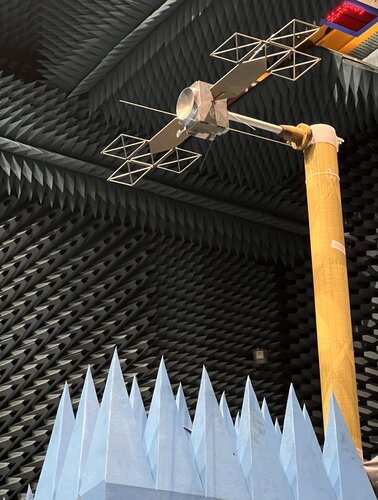 Image:
Testing radar to peer into Jupiter’s moons
Image:
Testing radar to peer into Jupiter’s moons James Webb telescope: How it could uncover some of the universe's best-kept secrets
Wednesday, 22 December 2021 12:50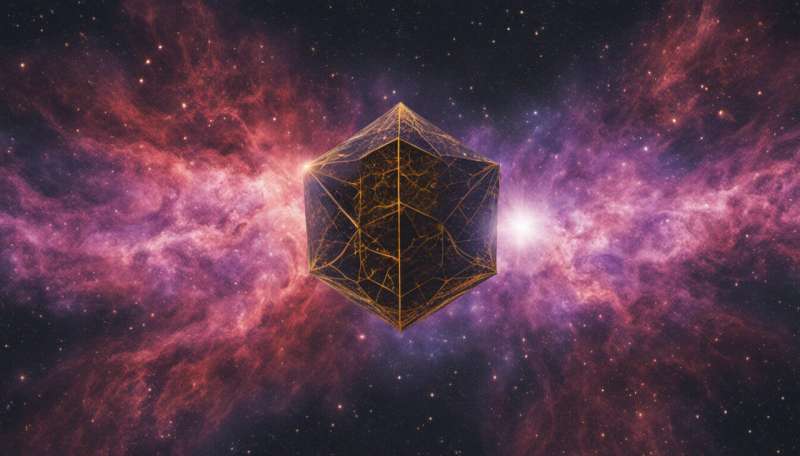
If everything goes according to plan on December 25, we will enter a new era of astronomy with the launch of the James Webb Space Telescope (JWST). It's an event that has been anticipated for a decade—it will be the largest and most expensive and complex telescope ever built, tested and launched into space.
At the time of writing, the US$10 billion (£7.5 billion) telescope has been fuelled for its flight and mounted atop the Ariane 5 rocket at Europe's spaceport in French Guiana, which will carry it in to space.
The launch will be both exciting and terrifying for the thousands of scientists, engineers, managers and support staff who have brought JWST to this point. As chair of the Space Telescope Science Institute Council, which will run the operations center for JWST, I'll share their nervousness.
SpaceX is hoping to turn atmospheric CO2 into rocket fuel
Wednesday, 22 December 2021 12:49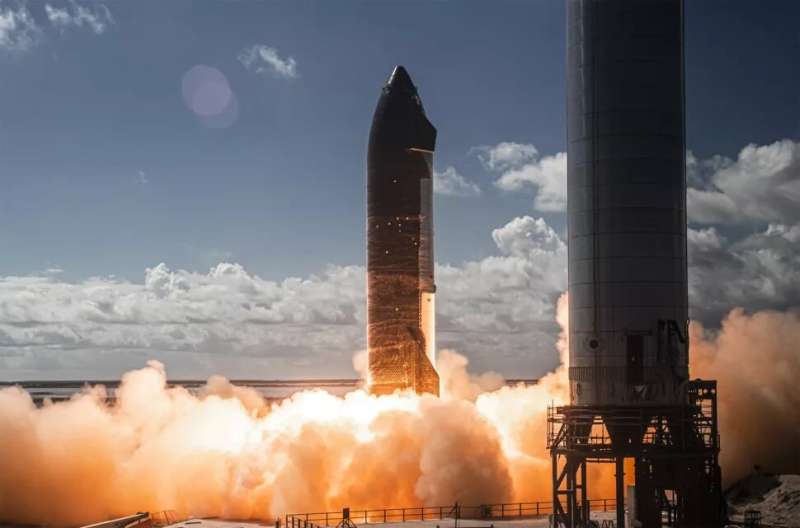
Earth is in the midst of a climate crisis. Thanks to rising CO2 emissions since the early 20th century, global temperatures are rising, triggering a positive feedback cycle that threatens to make it worse. According to recent analyses, even if the industrialized nations agree to slash carbon emissions drastically, global warming will not begin to slow until mid-century. For this reason, emission reduction needs to be paired with carbon capture to ensure we avoid the worst-case scenarios.
Meanwhile, there is a significant outcry from the public concerning commercial space. Whereas advocates like Elon Musk argue that increasing access to space is key to our long-term survival, critics and detractors respond by stating that commercial space "steals focus" from Earth's problems and that rocket launches produce excessive carbon emissions. In what could be a response to these challenges, Musk recently announced that SpaceX would be starting a carbon capture (CC) program to create propellants for his rockets.
The CC process begins with the removal of CO2 from the atmosphere through air scrubbers, absorption, chemical catalysts, or other methods.
Japanese space tourist says he would love longer flight
Wednesday, 22 December 2021 12:39
New cyber-security centre will safeguard ESA assets and missions
Wednesday, 22 December 2021 12:19
ESA is creating a new centre for cyber-security which will safeguard all Agency systems against outside interference, extending from ESA infrastructure around the globe to satellites in orbit.

